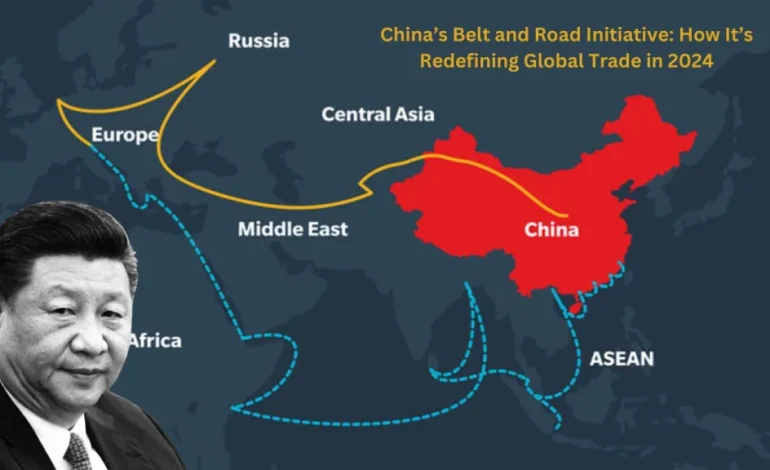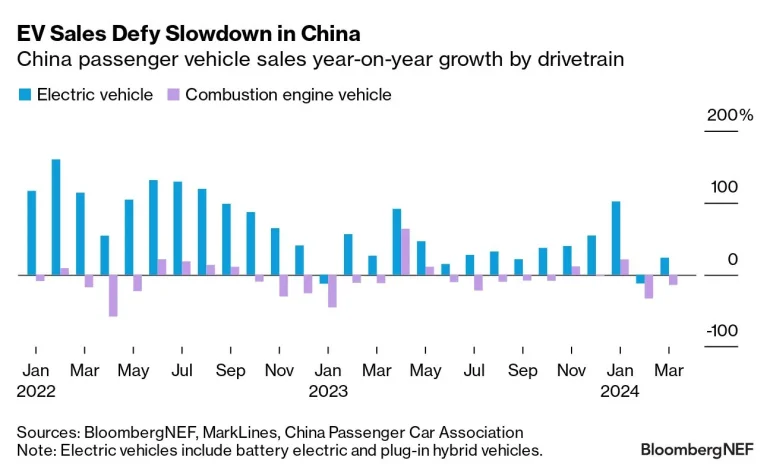AI Regulation Tightens: What It Means for Developers and Startups

Introduction
China has introduced new AI regulatory measures in 2025 to enhance transparency, accountability, and ethical oversight across all sectors deploying artificial intelligence. The regulations target high-risk AI applications, such as autonomous vehicles, fintech algorithms, and healthcare diagnostics, while also setting standards for data usage, algorithm disclosure, and risk assessment. Analysts note that these measures aim to balance innovation with safety, encouraging responsible AI deployment across domestic and international markets.
Policy Context and Regulatory Framework
In July 2025, the Ministry of Industry and Information Technology released updated AI guidelines, building on the 2023 draft AI law. The new regulations classify AI systems into three risk categories: high, medium, and low. High-risk systems, including autonomous driving platforms, financial trading algorithms, and AI diagnostics, must undergo rigorous risk assessments, algorithmic transparency checks, and external audits.
Medium-risk systems, such as logistics optimization and marketing AI, require internal compliance measures, while low-risk applications face minimal oversight. SCMP reports that failure to comply can result in fines up to 5% of annual revenue, temporary suspension of AI services, or revocation of licenses. The framework is designed to create a predictable and enforceable environment for AI development.

Impact on Startups and Developers
China’s tighter AI regulations have direct implications for startups and developers. Companies deploying high-risk AI solutions must implement robust internal governance, hire compliance officers, and maintain detailed documentation of model training, data sources, and algorithmic logic. According to Nikkei Asia, 38% of AI startups in Shenzhen and Beijing have adjusted product launch schedules to accommodate compliance requirements in H1 2025.
Venture capital firms are factoring regulatory compliance into funding decisions. Startups demonstrating early adoption of audit and risk management frameworks are attracting more investment. Analysts highlight that while initial costs may increase, regulatory clarity improves investor confidence and supports long-term growth.
Innovation and Technology Adaptation
The regulations are encouraging developers to adopt explainable AI, automated monitoring, and secure data handling tools. AI solutions are increasingly being designed with integrated compliance mechanisms to automatically flag risky outputs, monitor bias, and generate reports for regulatory submission.
Healthcare and fintech applications are the most affected. Hospitals using AI diagnostic tools must provide full documentation of algorithmic decision-making to regulatory authorities. Similarly, fintech companies deploying AI credit scoring or investment advisory systems are required to ensure model transparency and fairness. These measures improve reliability and safeguard end-users, while startups develop new tools for compliance automation and auditing.

Data
Compliance Adoption Among AI Startups
According to SCMP, a survey of 210 AI startups across Beijing, Shenzhen, and Hangzhou showed that 38% of companies had adjusted product launch timelines to meet new compliance requirements in H1 2025. A professional chart mapping the percentage of startups adopting risk assessment protocols over the past four quarters demonstrates a steady increase in compliance adoption, particularly after the July 2025 regulatory update. This illustrates the tangible impact of regulatory clarity on operational planning in China’s AI ecosystem.
Global Implications and Investor Reactions
China’s AI regulations are attracting international scrutiny. Foreign investors, multinational technology companies, and academic partners are monitoring how compliance measures affect collaboration, licensing, and market entry. Analysts note that transparent regulation can improve cross-border trust, facilitating partnerships in AI-driven logistics, fintech, and healthcare technologies.
Global markets are also observing how these measures affect AI product release schedules and innovation pipelines. By providing a structured regulatory environment, China signals stability and predictability, encouraging responsible investment and collaboration with local startups.
Expert Insights
Dr. Li Wei, AI ethics researcher at Tsinghua University, stated, “The new AI guidelines demonstrate China’s commitment to ethical, accountable, and secure AI deployment. Startups must integrate compliance into their development process from day one, which will ultimately lead to more robust and scalable AI systems.”
Industry executives note that compliance-driven product design is fostering innovation in explainable AI, risk monitoring, and algorithmic auditing tools. Analysts suggest that these developments may influence international standards for AI governance, positioning China as a leader in responsible AI innovation.
Strategic and Economic Outlook
The tightened AI regulatory framework is expected to have long-term economic benefits. By enforcing transparency, risk mitigation, and ethical standards, China aims to reduce systemic failures, enhance public trust, and maintain global competitiveness in AI technology. Startups that successfully integrate compliance measures are likely to attract greater international partnerships and funding, while established firms benefit from reduced operational risk.
Analysts predict that sectors like healthcare, autonomous vehicles, and financial technology will see both short-term adjustments in deployment schedules and long-term gains in credibility and investor confidence. Cross-border collaborations are expected to increase as foreign partners recognize the value of working with compliant and transparent AI firms.
Conclusion
China’s new AI regulations in 2025 strengthen oversight of high-risk applications while providing a structured environment for innovation. Compliance adoption among startups and developers ensures transparency, reduces operational risk, and builds trust among domestic and international partners. Data from SCMP indicates measurable operational adjustments, reflecting the immediate impact of these measures. Analysts conclude that China’s approach balances innovation, risk management, and strategic growth, fostering a responsible and globally competitive AI ecosystem.






